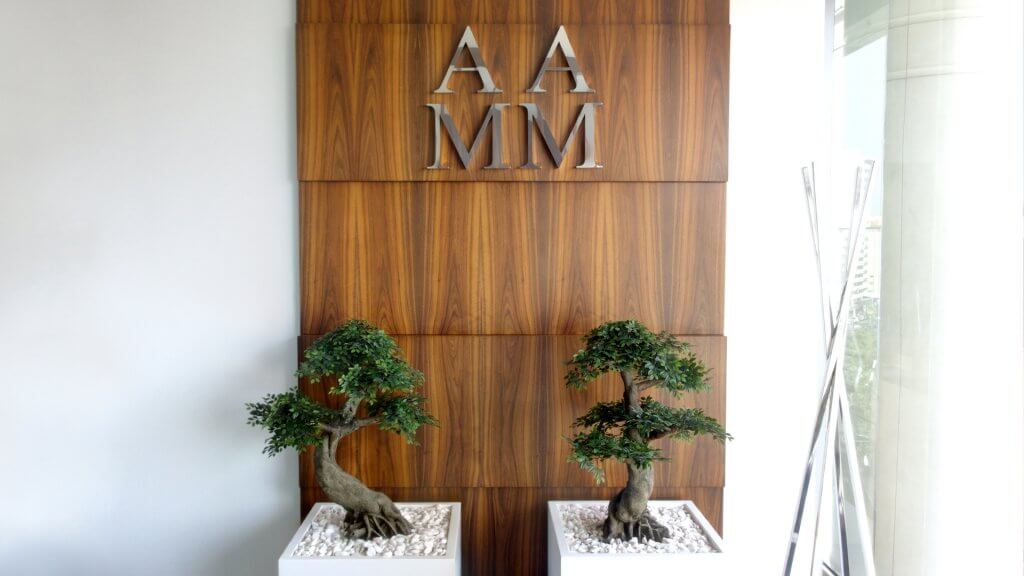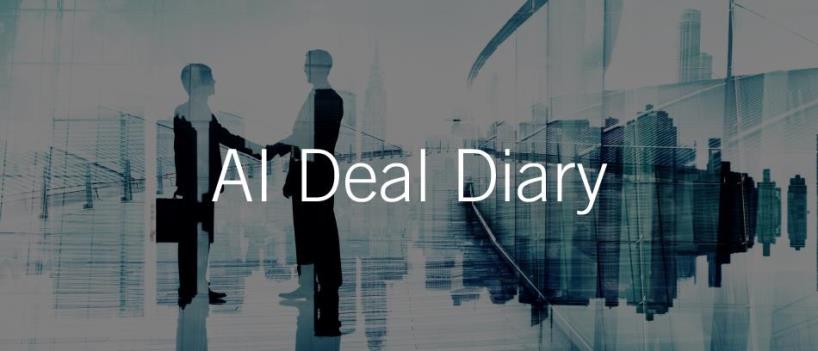
Whether it is maintaining flexibility in the workplace or scrapping annual reviews, there are plenty of ways to keep this generation engaged. Below you can find compelling insights into how Gen Z is navigating the workplace, and effective strategies employers can use to keep this generation content.
As the workplace continues to evolve, a new generation of employees is redefining the norms and expectations of professional environments.
Generation Z (Gen Z), born between 1997 and 2012, is entering the workforce with distinct values and priorities that differ significantly from their predecessors. Employers are now faced with the challenge of adapting to these changes to keep Gen Z employees engaged and satisfied.
Data shows that Gen Z is the unhappiest generation at work in comparison to other generations. In fact, only 62% of Gen Z employees in the UK report being happy at work, which is lower than other generations like millennials (66%), Gen X (65%), and baby boomers (67%), says data.
What’s more, it’s never been more important for employers to ensure their Gen Z co-workers are happy at work, as 77% of Gen Z employees in the UK say they are likely to leave their current employer, while only 23% are committed to staying.
So, how do we keep this generation happy in the workplace? Andrew Mina, Senior Learning and Development Specialist at eloomi, offers insights into how Gen Z is navigating the workplace and how employers can accommodate their needs effectively.
Spoiler alert: work-life harmony, a feeling of belonging and frequent feedback are a good start.
How to support Gen Z in the workplace
1. Create a work-life harmony
Andrew Mina, Senior Learning and Development Specialist at eloomi said: “Gen Z are carving out their own way of working and are devising a life-work harmony that allows them to define their every day.” Unlike previous generations, Gen Z places a high value on a balanced lifestyle that integrates personal and professional fulfilment. This approach is not indicative of a lack of ambition but rather a sustainable method of achieving both short-term and long-term goals.
2. Emphasise productivity over presentism
Workplaces that have shifted their focus from fixed schedules to flexible working hours are more appealing to Gen Z. Mina highlights that “workplaces are helping by shifting from fixed start and end times (aka 09:00-17:00) to more flexible start and end times and focusing on productivity and performance over presentism.”
In fact, flexibility is the top priority for Gen Z when choosing a job (81%), even above salary, according to data.
This flexibility allows Gen Z employees to work when they are most productive, leading to better outcomes for both the individual and the organisation.
3. Give frequent and purpose-driven feedback
Gen Z prefers continuous feedback over traditional annual reviews. Mina explains, “There is no space for annual reviews. They are to be frequent and in the flow of work. And they are purpose-driven. There has to be a strong why.” Regular, meaningful feedback helps Gen Z employees feel valued and understood, fostering a sense of purpose and belonging within the organisation.
4. Embrace digital transformation
Gen Z is highly digital-savvy, and workplaces that have fully embraced digitization are more attractive to them. According to Mina, “Workplaces that have fully embraced digitization are perfect for Gen Z – they are more likely to be agile, transparent, and have clear goals and strategies.” A digital-first approach in areas like HR, compliance training, onboarding, and skill development is crucial. Content should be predominantly video-based and delivered in a relational tone.
5. Promote inclusivity and CSR/ESG Goals
A healthy and inclusive work environment is essential for Gen Z. Mina notes that these employees are drawn to organisations with solid Corporate Social Responsibility (CSR) and Environmental, Social, and Governance (ESG) goals. “They are incredibly welcoming, diverse, and inclusive,” says Mina. This sense of community and the impact they can have on their team and organisation are significant motivators for Gen Z employees.
6. Understand and coach Gen Z Talent
Companies need to take the time to understand how Gen Z works and what they value. Mina advises that developing Gen Z talent will be led by the employees themselves, who seek coaching as they explore their passions and interests. Leaders need to ensure there is a platform to record conversations, action points, and goals to facilitate this process.
7. Navigating Multi-Generational Workplaces
As workplaces become more multi-generational, employers must balance the needs and expectations of all employees. Mina cautions, “The hallmarks of success, career aspirations, and contribution are not the same to other generations in the workplace, and this can be seen as not being driven or fully contributing.” Employers must adapt their policies and culture to accommodate these differences while fostering an inclusive environment for all.
By understanding and adapting to the unique needs of Gen Z, employers can create a workplace where this dynamic generation can thrive, bringing fresh perspectives and innovative approaches to the table.




















